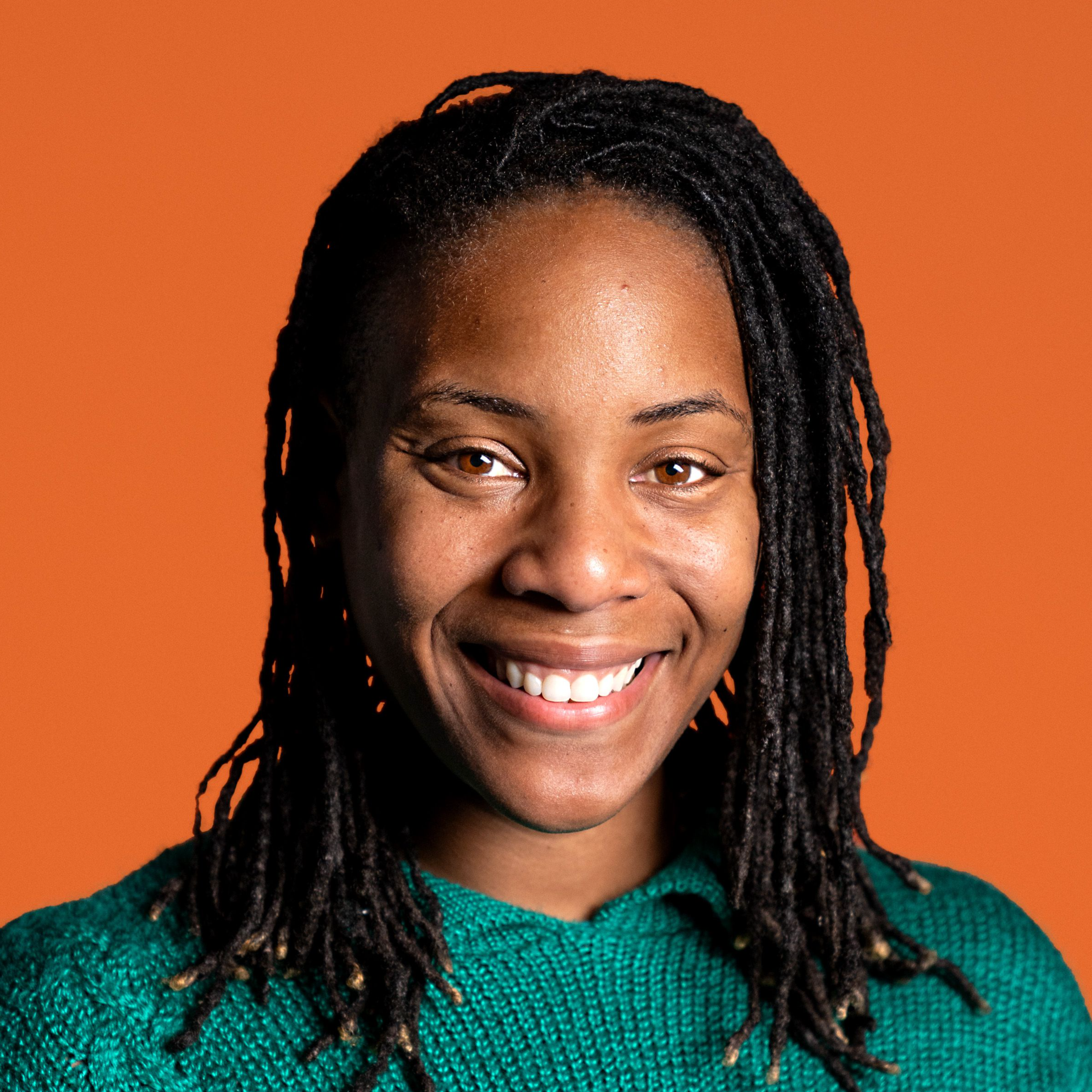Amy Horst moved to Baltimore from Wisconsin in 2010 and her life is planted here for the unforeseeable future.
A walk through her Remington neighborhood shows how the city aligns with her values. It’s the diverse neighbors. The fact that she’s walking or biking distance from where she needs to go. The close-knit community where she knows people by the fur babies they’re taking on walks.
“I don’t know why you wouldn’t want to live in the city,” Horst said.
She considers herself a Baltimorean — even though she wasn’t born here.
But who exactly is a Baltimorean? Do you have to be born here? Or have called it home for a specified amount of time? Do you have to be able to answer the question about where you went to high school? (Everyone knows that in Baltimore that often seems more important than where you went to college).
It can be a divisive issue, too. Just who can claim hometown status and Baltimore cred has been debated during this year’s election, as gubernatorial candidates battle for the city’s votes.
The Baltimore Banner decided to ask Baltimore residents who they think qualifies as a Baltimorean. As part of our Baltimore Now survey conducted by Goucher College Poll, we asked about 1,000 people if you have to live in the city to be a Baltimorean. There wasn’t a significant consensus: Forty-eight percent no, 42% yes, 8% didn’t know, and the rest had no response.
We dug in a little deeper with followup questions to ask what allows people to stake claim to the city. Several themes appeared: proximity, character and contribution.
Deonta Johnson, born and raised in Baltimore, said you must live in the city to call yourself a Baltimorean. That way, you are uniquely positioned to understand what’s happening there — especially when it comes to the city’s challenges — and aren’t just observing and commenting from the sidelines.
You have to be all the way in the fold, he said. There’s no picking or choosing — like medium, large, male or female crabs — which part of the city you’ll claim. Situational Baltimore pride won’t fly. It must be all-encompassing. Some people even consider it a disservice to Baltimore if you only slice it into the parts that you like or frequent.
Johnson, 30, said that Baltimoreans are boisterous and speak directly from the heart. They’re also resilient and strong-willed. There’s a grit to Baltimoreans that’s often seen and not heard, he said. They have compassion and congeniality, too. During a snowstorm several years ago, Johnson saw just that when he went to clear a path for his girlfriend’s grandmother and a group of men were making their way up her street to assist other older residents.
“[You] should constantly be around to show those community values,” Johnson said.
Territorial battles over where a person is from aren’t exclusive to Baltimore, said Dr. Elgin Klugh, an associate professor of social science and anthropology at Coppin State University.
“We want to tie ourselves to communities. I think that’s a human tendency,” Klugh said.
But people also want these connections to be authentic. That authenticity can be defined differently using makeshift rules that people come up with based on their own views and experiences.
You can attribute this, Klugh said, to perceived shared experiences people think a certain place or amount of time provide. Baltimore city’s neighborhoods and communities are different and expressive. They imprint residents with those shared experiences and influence how they approach the world.
What you pour into Baltimore, not Natty Boh or money, but how you give back to the city, may allow some people to earn an honorary Baltimore status.
Julia Keller, 53, who lives in Federal Hill but is originally from South Carolina, said that where you’re from is where you feel like you’re at home. As someone who works in fundraising, she believes a Baltimorean also should feel some kind of stake in the community and look for ways to contribute and give back. She also thinks a Baltimorean needs to have a sense of adventure and a willingness to explore and learn about the different places that make up the city.
“There are a lot of experiences that are a little different if you just scratch the surface,” Keller said, as she recommended a visit to Graffiti Alley in the Station North Arts District.
Gislin Dagnelie, 71, in Roland Park, said, “Being a Baltimorean to me is taking interest in the city, people who live here, cultures, history and social engagement.” Dagnelie is originally from Rotterdam in the Netherlands and moved to Baltimore 36 years ago. He thinks it’s a narrow view to believe that you have to be born and raised in Baltimore to be considered a Baltimorean, although you need to live there. The city, he says, is often seen through the lenses of crime, misery and addiction, but those are partial scopes.
“The most important thing about living in the city is everyone has to work together to make it better,” he said.



Comments
Welcome to The Banner's subscriber-only commenting community. Please review our community guidelines.